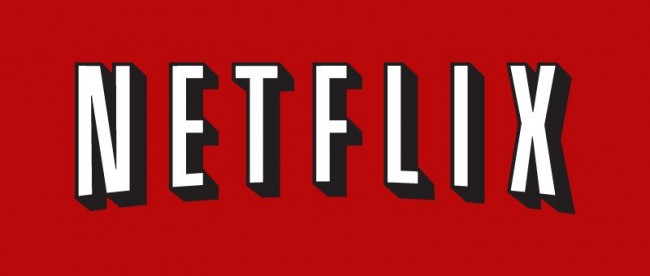How Pirating TV Shows Helps Bring Them to Legitimacy

If, right this second, you want to watch a TV show or movie, your choices are immense. That choice extends beyond the program you wish to watch, too; you also have many ways to obtain that content. You can probably buy a digital download of a movie (or show) from a number of places; you may be able to stream it via Netflix; and chances are, you can find a bootlegged copy if you know where to look.
And no matter what you do, Netflix is watching. But don’t worry, they’re not going to turn you in. They may, however, make you less likely to download unauthorized content in the future.
Netflix has a wide and expansive offering of both TV shows and movies alike, although if there’s a theme to what makes its collection and what misses the cut, it’s hard for consumers to figure it out. That said, Netflix positions itself as a data-driven company. To highlight an example, per the New York Times, when the streaming video giant wanted to create an original show, it let available information guide how to do so:
Netflix, which has 27 million subscribers in the nation and 33 million worldwide, ran the numbers. It already knew that a healthy share had streamed the work of [David] Fincher, the director of “The Social Network,” from beginning to end. And films featuring [Kevin] Spacey had always done well, as had the British version of “House of Cards.” With those three circles of interest, Netflix was able to find a Venn diagram intersection that suggested that buying the series would be a very good bet on original programming.
And even though its recommendation engine is a little weird at times — okay, it’s usually weird — the company once bet a million dollars on finding a better solution. Netflix, if you believe its PR, wants to use whatever information it can to improve its user experience.
And if you’re going to take that stance, you probably shouldn’t discriminate against data which comes from less than legitimate sources such as BitTorrent, provided that the data is accurate and reliable. Beyond the world of professional surveys, TV ratings, website analytics, and the like, there’s the massive amount of data generated by the underworld of so-called content piracy. Consumers who are willing to download unauthorized content are probably doing so because they want to watch those shows or movies, after all.
For Netflix, illegal downloading means opportunity — the chance to see what shows are popular and may warrant adding to the company’s single-price, all-you-can-watch offering. And that’s exactly what the streaming content company does. As Variety reported in 2013, while speaking at an event in the Netherlands, a Netflix executive told the audience that “when purchasing series, we look at what does well on piracy sites.” Specifically, the exec said, Netflix acquired FOX’s Prison Break for Dutch audiences because the drama was noticeably popular on backchannel services.
Netflix isn’t alone in believing that data from piracy services is valuable. According to the New York Times, Time Warner CEO Jeffrey Bewkes lauded the success HBO’s Game of Thrones saw on the virtual black market: “the discovery that the show was the most pirated TV brand of 2012 could be ‘better than an Emmy,'” he said on a call to shareholders. But the value of this data is likely going to wane the more the pay-per-month services grow in market share. Why? Because as HBO and Netflix’s popularity increase, few people are using services like BitTorrent.
 Bonus Fact: During peak hours, Netflix accounts for about a third of all U.S. Internet bandwidth (downstream), easily pacing the field. (YouTube is second at about 15%.) And that’s for a typical day. According to one estimate, when Netflix released the third season of House of Cards, their share of downstream bandwidth jumped to 45%.
Bonus Fact: During peak hours, Netflix accounts for about a third of all U.S. Internet bandwidth (downstream), easily pacing the field. (YouTube is second at about 15%.) And that’s for a typical day. According to one estimate, when Netflix released the third season of House of Cards, their share of downstream bandwidth jumped to 45%.
From the Archives: Hitler, One Night Only: A TV show you almost certainly will never see on Netflix.
Take the Quiz: Can you pick the TV shows based on their Netflix descriptions?
